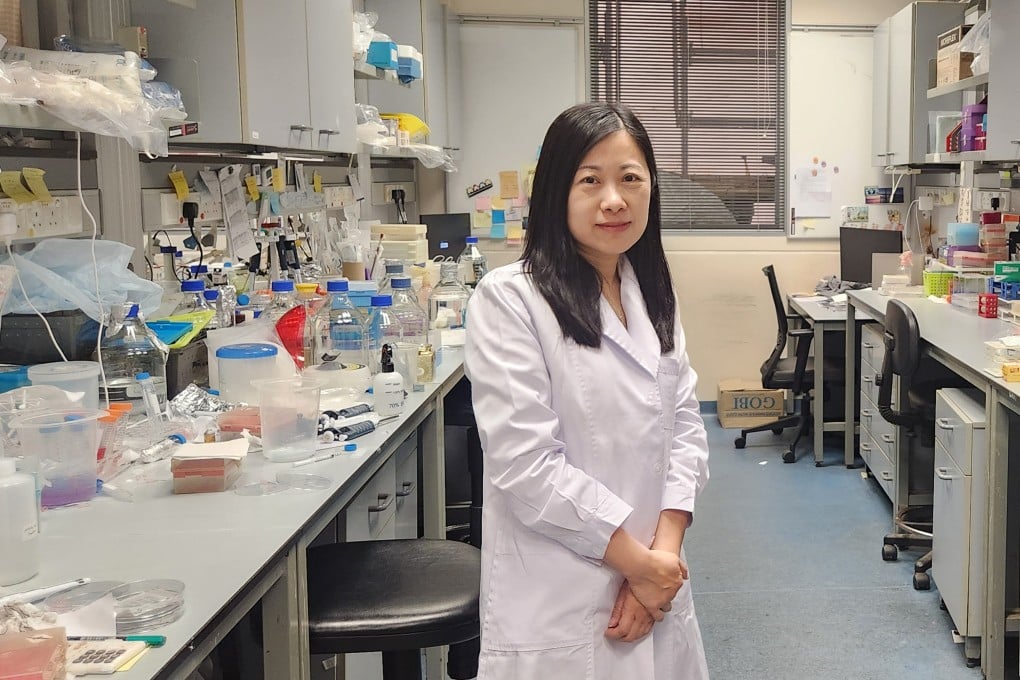Hong Kong scientists aim to cure ovarian cancer by capturing cells spreading to other organs
- Secrets of metastasis are key for researchers looking to create new early detection tools and therapies, says HKU cell biologist Alice Wong Sze-tsai
- China records around 55,000 new cases of ovarian cancer a year and the disease recurs in around 70 per cent of patients within two to three years after initial treatment

By uncovering the complex mechanisms behind this process, called metastasis, the researchers aimed to pave the way for new early detection tools and therapies, the lead cell biologist said.
Lead researcher Alice Wong Sze-tsai, chair professor of the school of biological sciences at the University of Hong Kong, has been studying cancers for more than two decades with a focus on the most lethal of gynaecological cancers.
“Ovarian cancer is sometimes called the ‘silent killer’ because its symptoms are easy to miss. Research on the disease has not seen breakthroughs in the last 50 years compared to other cancers,” Wong said.
The main treatments of ovarian cancer remained conventional – surgery and chemotherapy – because a lack of good experimental models hindered research progress, she said. But Wong’s research is turning the tables.
“I realised that force is missing. When cancer cells try to settle on healthy host tissue, they are in motion and cause shear stress. Many cancer cells die during this dynamic process, leaving only 0.01 per cent of them successfully adhering to other tissues.”
According to Wong, very different molecules are involved in cell-to-cell communication compared to when they bind in a static condition. These communicator molecules could serve as biomarkers to detect the spread of cancer and guide treatment.
